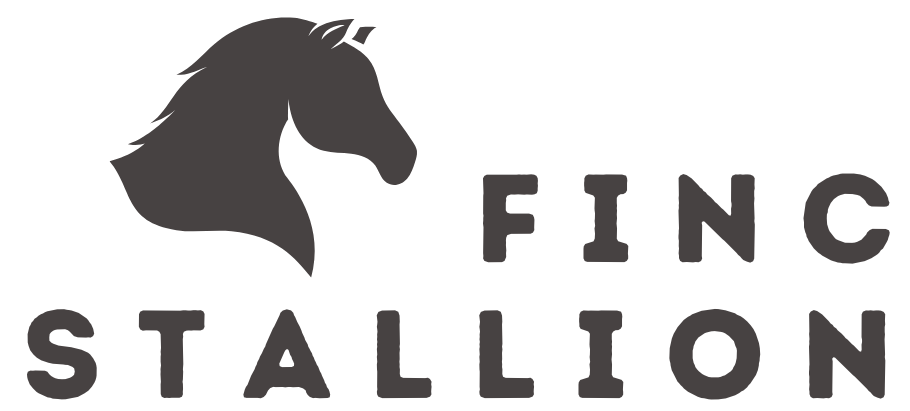As traditional banking systems face challenges, the rise of DeFi (Decentralized Finance) is reshaping the financial landscape. With its promise of reduced costs and increased accessibility, DeFi is set to transform how we perceive and utilize financial services. Dive into the innovations and explore how this technological evolution is creating a democratized financial ecosystem. Understand the potential obstacles and envision a future where DeFi plays a central role in the global economy.
The Evolution of Decentralized Finance
The Evolution of Decentralized Finance
Decentralized Finance, or DeFi, has transformed financial systems, drawing inspiration from blockchain innovations like Bitcoin. In its early days, DeFi sought to provide greater accessibility and transparency in financial transactions by eliminating traditional banking intermediaries. Blockchain technology offered secure, verifiable public ledgers, which formed the backbone of early DeFi projects.
Initially, platforms like Ethereum played a crucial role by enabling the creation of smart contracts, allowing developers to build decentralized applications (dApps) that facilitated lending, borrowing, trading, and more. As these technologies matured, DeFi expanded its scope beyond simple financial transactions to more complex financial instruments, such as derivatives and insurance, often fully automated by algorithms.
The rise of stablecoins, assets pegged to stable currencies, further fueled DeFi’s evolution by reducing volatility and enabling the exchange of digital assets without the need for traditional fiat currencies. As the ecosystem grew, new protocols emerged, enhancing interoperability and scalability, thus attracting a broader user base and increasing the capability of DeFi platforms to handle more sophisticated transactions.
Furthermore, DeFi has embraced governance models that empower communities to propose and vote on changes, fostering decentralized decision-making. This progressive expansion continues to redefine what is possible in the financial space, suggesting that DeFi is not just an alternative to traditional systems but a fundamental shift in the way we perceive and interact with finance.
Innovative DeFi Applications and Use Cases

In the ever-evolving landscape of Decentralized Finance (DeFi), innovative applications and use cases are emerging with significant potential to redefine financial transactions. DeFi platforms operate without intermediaries, offering financial services like lending, borrowing, and trading. These DeFi applications provide greater accessibility and transparency.
Decentralized Exchanges (DEXs) are a pivotal innovation, allowing users to trade cryptocurrencies directly, without a central authority. This model enhances security and privacy, as users maintain control over their assets. Another promising use case is DeFi Lending, where users can lend their digital assets to others in exchange for interest. This system creates a more inclusive financial environment by enabling anyone with internet access to participate.
Moreover, DeFi introduces Yield Farming, a process where users earn rewards by staking their crypto assets in liquidity pools. This method democratizes profit-making opportunities and incentivizes participation in the DeFi ecosystem. In Stablecoins, pegged to traditional currencies, offer a solution to the volatility commonly associated with cryptocurrencies, making DeFi applications more practical for everyday use.
The concept of Insurance in DeFi is also gaining traction, providing coverage for potential risks in the DeFi space. Smart contracts facilitate these insurance services by automatically executing claims, ensuring swift and reliable compensation.
With ongoing advancements, these innovative DeFi applications are setting the stage for a new era in financial technology. They offer transformative potential, allowing individuals to engage with the financial system in unprecedented ways.
Challenges Facing the DeFi Ecosystem
The DeFi ecosystem, while revolutionary, encounters numerous challenges that might affect its potential growth and stability. One major hurdle is the regulatory uncertainty surrounding DeFi platforms. Many countries are still formulating regulations for cryptocurrencies and DeFi projects, creating an atmosphere of unpredictability. This can discourage new users and investors from embracing the technology.
Another challenge is security concerns. DeFi platforms are often targets for hackers due to their large pools of digital assets. Even though blockchain technology is secure, individual smart contracts may contain vulnerabilities that malicious actors can exploit, leading to significant financial losses. Projects need to prioritize comprehensive audits and implement robust security measures to safeguard users.
Moreover, scalability issues present additional difficulties. The current infrastructure of most blockchain networks struggles to handle a high volume of transactions efficiently. This can result in congestion, delays, and increased transaction costs, hindering the user experience.
Price volatility of cryptocurrencies used in DeFi, like Ethereum, also poses risks. Fluctuations can impact the value of assets locked within DeFi protocols, potentially leading to substantial financial consequences for users.
Lastly, there’s a steep learning curve associated with DeFi platforms. The complexity of smart contracts and various DeFi instruments can be overwhelming for new users. Education and user-friendly interfaces are crucial to ensure broader adoption and understanding of DeFi systems.
The Long-term Impact of DeFi on Global Economy

The integration of decentralized finance (DeFi) into the global economy promises to reshape financial landscapes permanently. DeFi’s potential to democratize financial services is profound, making it accessible to unbanked and underbanked populations around the world. This could lead to improved financial inclusion, as individuals gain access to loans, savings, and investments without traditional intermediaries.
As DeFi platforms proliferate, there is a growing emphasis on interoperability between different networks. This interconnectedness allows for more efficient and cost-effective financial transactions, reducing reliance on traditional financial systems. The ripple effects could lead to decreased transaction fees and increased transparency.
DeFi’s growth is expected to accelerate financial innovation by promoting new, decentralized economic models. The existing financial institutions might need to adapt by integrating blockchain technology or risk obsolescence. A critical factor is the development of robust regulatory frameworks that balance innovation with security and consumer protection.
In the long term, DeFi could redefine how we perceive value, ownership, and wealth distribution. Economies could become more resilient to economic shocks, as decentralized systems provide alternative routes for capital flow. Moreover, the rise of tokenized assets and digital currencies on DeFi platforms could lead to more fluid, globalized trading environments.
However, the successful integration of DeFi into the global economy hinges on overcoming security challenges and ensuring networks can scale efficiently. With these measures in place, DeFi can become a cornerstone of the future financial ecosystem, offering more equitable economic growth opportunities worldwide.





